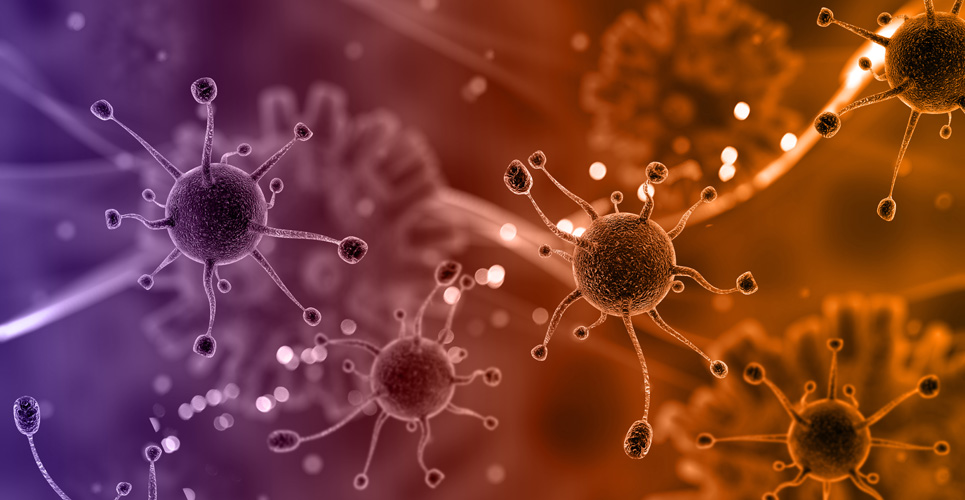teaser
Novartis and MorphoSys have revealed details of an extended collaboration which could be worth more than US$1bn.
The firms said they were looking to create “one of the pharmaceutical industry’s most comprehensive alliances focused on the discovery and development of antibody-based biologic therapies, the most successful and fastest-growing class of biologics”.
Under this new ten-year deal, which may be extended by Swiss firm Novartis for an extra two years, the two companies aim to discover jointly and optimise antibodies against a significant number of molecular targets in a wide range of diseases.
Over the next ten years, Novartis will pay out some US$600m in technology transfer and annual licensing fees, while potential payments to MorphoSys could exceed US$1bn based on clinical milestones “and market approval of multiple products”. It will also be entitled to royalties and/or profit sharing on any future sales.
The two companies have been working together since 2004 and said that their collaboration to date had resulted in “multiple active therapeutic antibody programs across various diseases and the first Investigational New Drug-filing just three years after initiation”.
With this new relationship, MorphoSys decided not to extend its ongoing collaborations with Bayer-Schering and Centocor, which expire this month, though its current therapeutic antibody development programmes with these two partners would continue.
MorphoSys chief executive Simon Moroney described the agreement as “a transforming deal” for the firm as it offered “the perfect construct to increase significantly the value of our proprietary drug development pipeline while simultaneously maximising our financial interest in partnered programmes”.
He added that the additional cash-flows within the agreement with Novartis “will become a major value driver for MorphoSys”, which developed HuCAL, a technology for the automated production of specific antibodies that involves more than 12 billion functional and distinct fully human antibodies.
The Swiss firm said it was steadily building its position in biologics and they now represented 25% of its pre-clinical research portfolio.
The new Novartis Biologics Unit, created earlier in 2007, has a “strong biotech culture” which has full access to the firm’s “extensive discovery organisation that generates many targets across multiple therapeutic areas”.

